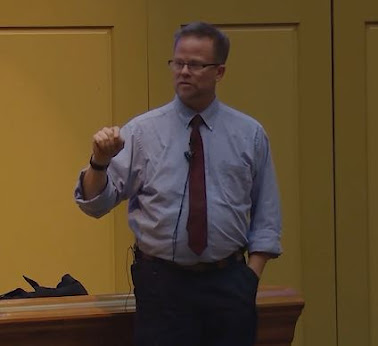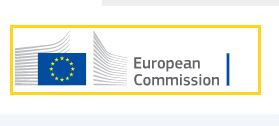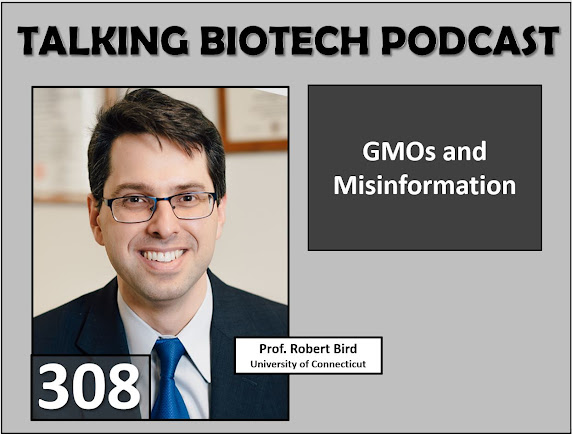REPOST: A civil conversation about the future of food

The following article was printed April 7, 2015. It was written by Iowa State student Kelsey Faivre after she attended talks by Vandana Shiva and me, Kevin Folta. Shiva was invited to Iowa State University by a student group. Fearing the usual barrage of bad information, another group on campus invited me to provide the scientific counterpoint. My whole presentation from 3/25/15 can be seen here. Ms. Faivre captured the contrast between the two events well. Reprinted here without permission from Feedstuffs where it was originally printed and no longer available. A civil conversation about the future of food By Kelsey Faivre DR. Kevin Folta, professor and chairman of the horticultural sciences department at the University of Florida, recently came to lecture at Iowa State University. The subject of his lecture was transgenic crops (also known as genetically modified organisms GMOs) — what they are, what they can do and how to communicate about th...

